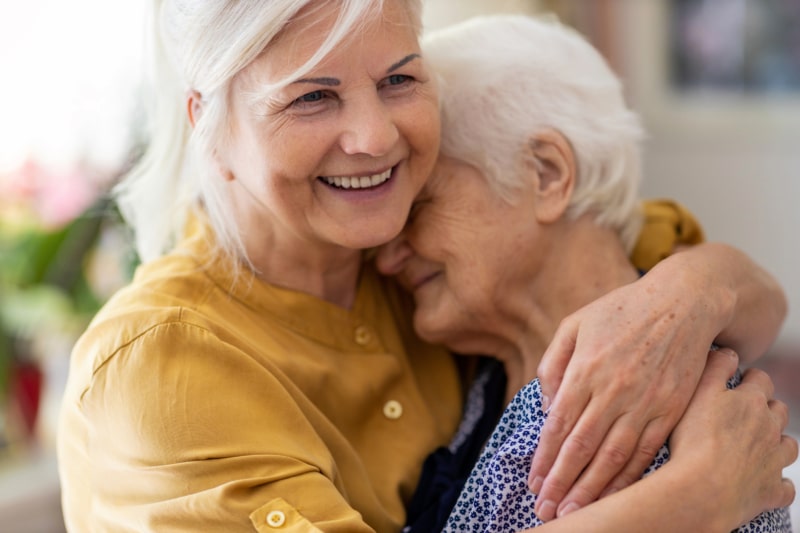This approach doesn’t just improve outcomes. It can reduce significant side effects, avoid unnecessary treatments, and connect patients with the most promising treatment options first.
Real-World Evidence: Bridging innovation and implementation
Gone are the days when clinical trials existed in isolation from clinical practice. Today, real-world data (RWD) and real-world evidence (RWE) are critical tools for evaluating how therapies perform outside the controlled environment of a trial.
In Australia, the integration of registry data, electronic health records, and patient-reported outcomes is helping researchers and regulators make more informed, faster decisions. This is especially powerful in rare cancers or underrepresented populations, where traditional trial data is limited.
At Icon we’re investing in RWD and RWE to remain at the forefront of research and patient care, championing joint decision making and ensuring timely access to more trials.
RWE isn’t just a research tool — it’s an equity tool.
Adaptive and decentralised trials: Expanding access
Clinical trial access should not be dictated by a postcode. Yet for too many people, distance, time, and resources remain barriers to participation.
The rise of adaptive trials — which evolve based on interim findings — paired with decentralised models like the Australian Teletrial Program, are transforming this landscape. Prof Sabe Sabesan, based at Icon Cancer Centre Townsville and working across both public and private sectors, is leading important work in this space, advocating for greater investment in tele trials and a more connected research workforce.
By enabling regional hospitals, telehealth consults, and local sample collection, we’re bringing trials to patients — not the other way around. This model is proving especially powerful in rural and First Nations communities, where historical barriers have contributed to poorer cancer outcomes.


